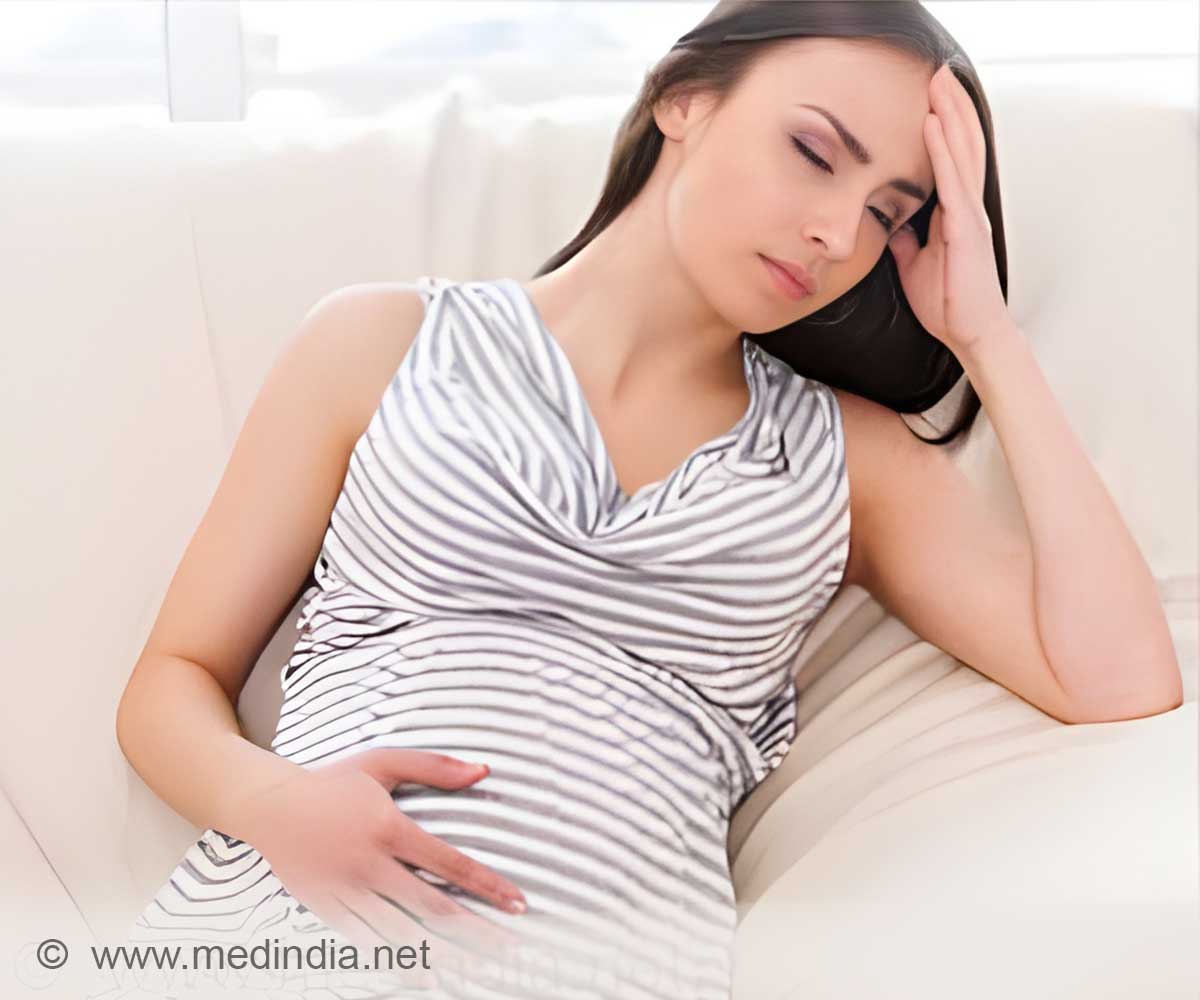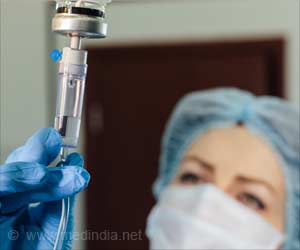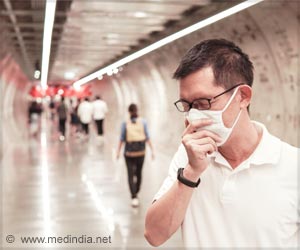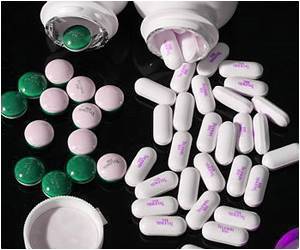High vulnerability of pregnant women to develop severe SARS-CoV-2 infection – COVID-19 schedules the need to consider them for COVID-19 vaccination.

‘High vulnerability of pregnant women to develop severe SARS-CoV-2 infection – COVID-19 and the minimal potency of the anti-SARS-CoV-2 immune response in their offsprings, schedules the need to consider them for COVID-19 vaccination.’





COVID-19 antibodies The team found no evidence of viral transmission to newborns, attributing the reason being lack of virus in the mothers' blood, as well as, absence of the virus gateway – ACE2 receptor and TMPRSS2 enzyme in the placenta.
Most of the women who tested positive developed antibody responses against SARS-CoV-2 proteins, but mother-to-newborn transfer of anti-SARS-CoV-2 antibodies through the placenta was significantly lower than transfer of anti-influenza antibodies.
"Our finding of compromised mother-to-baby transfer of SARS-CoV-2-specific antibodies in third trimester infections has implications for maternal vaccine administration. Specifically, it highlights that pregnant women are a key population to consider in vaccine rollouts. It also raises questions regarding the optimal timing of vaccine administration to best support maternal and newborn immunity," says lead author Andrea Edlow, MD, a maternal-fetal medicine specialist at MGH and an assistant professor of Obstetrics, Gynecology and Reproductive Biology at Harvard Medical School.
The study thus highlights the mechanisms that underlie for the ineffectual transfer of SARS-CoV-2-specific antibodies after third trimester infection. This would help understand further actions of vaccine-generated antibodies.
Advertisement














